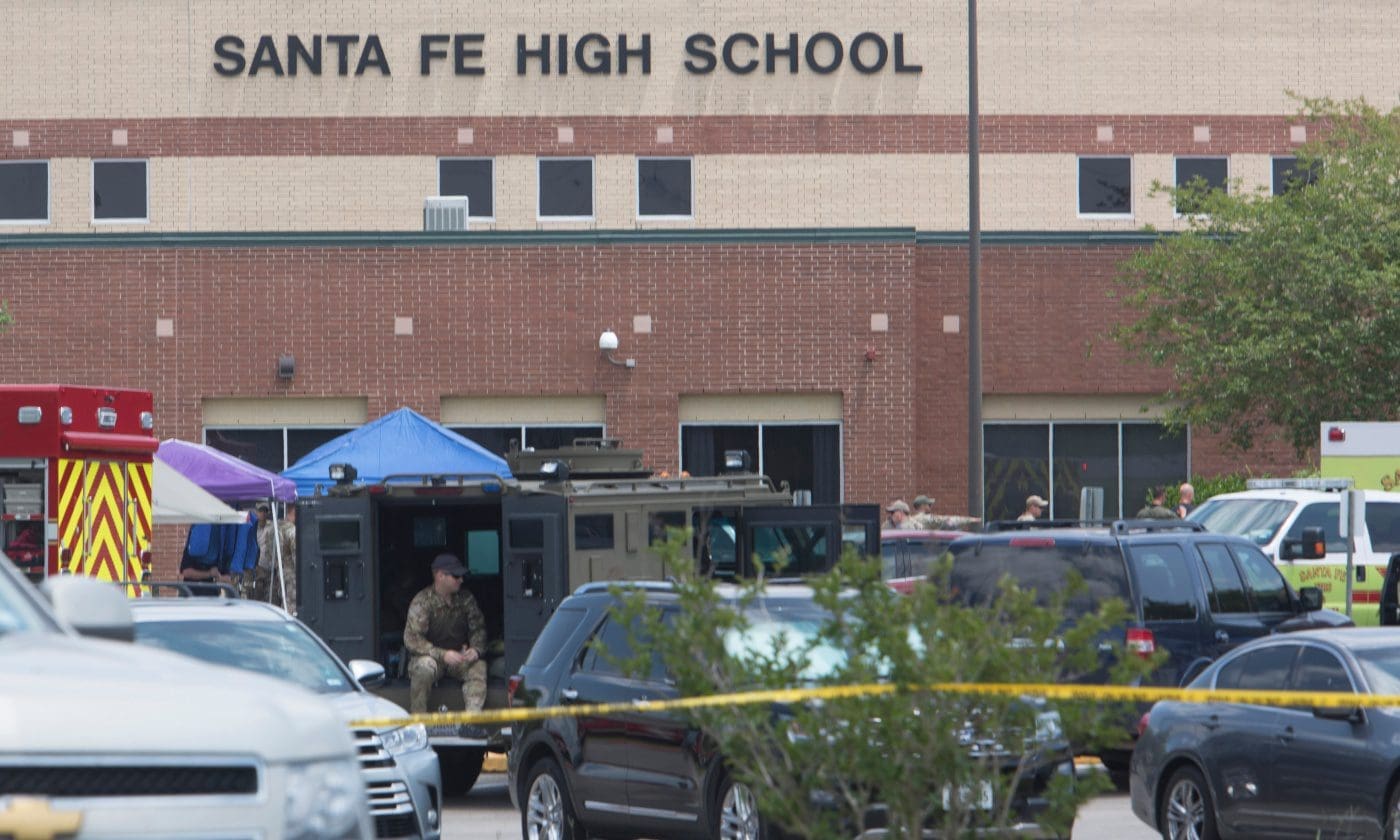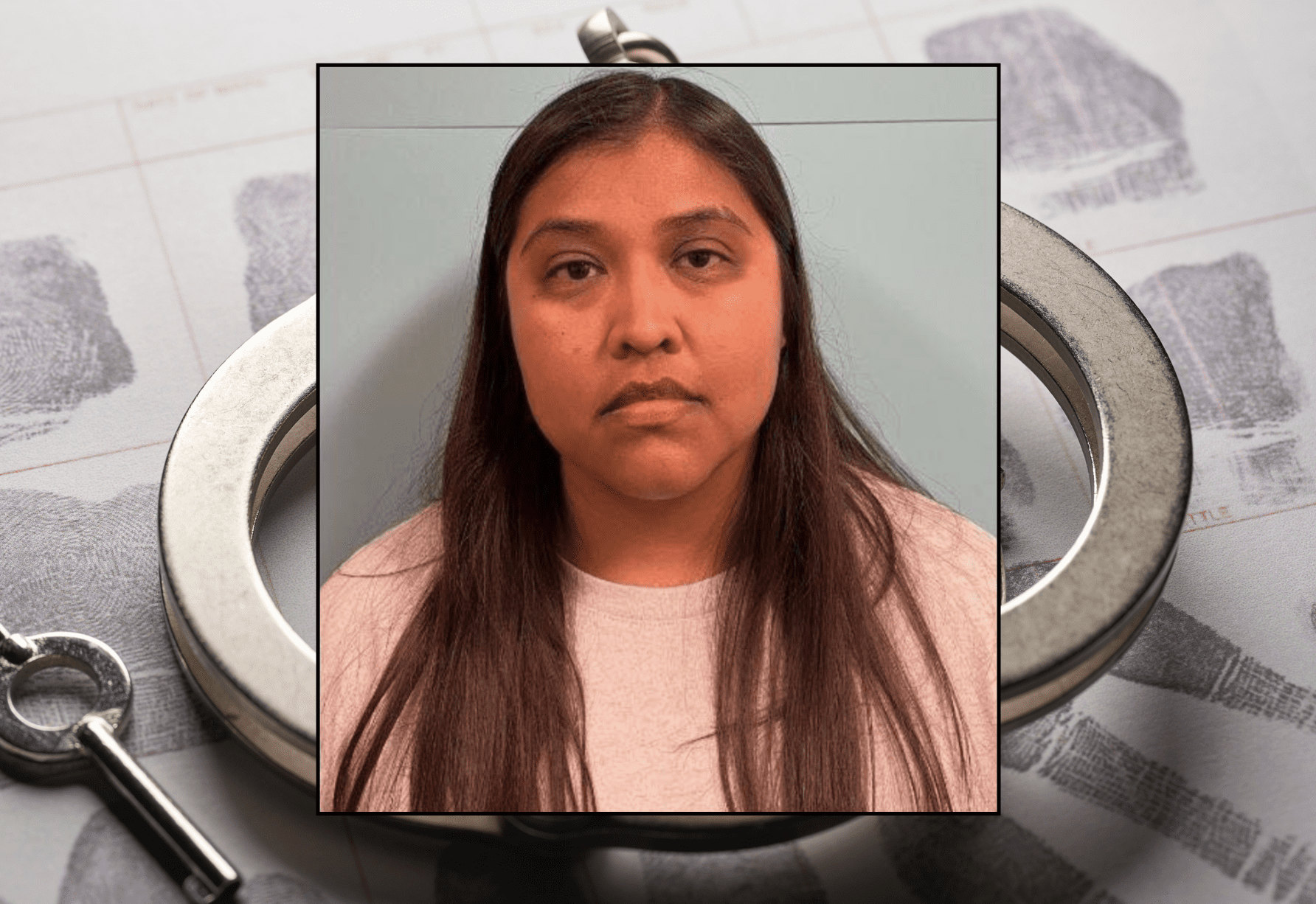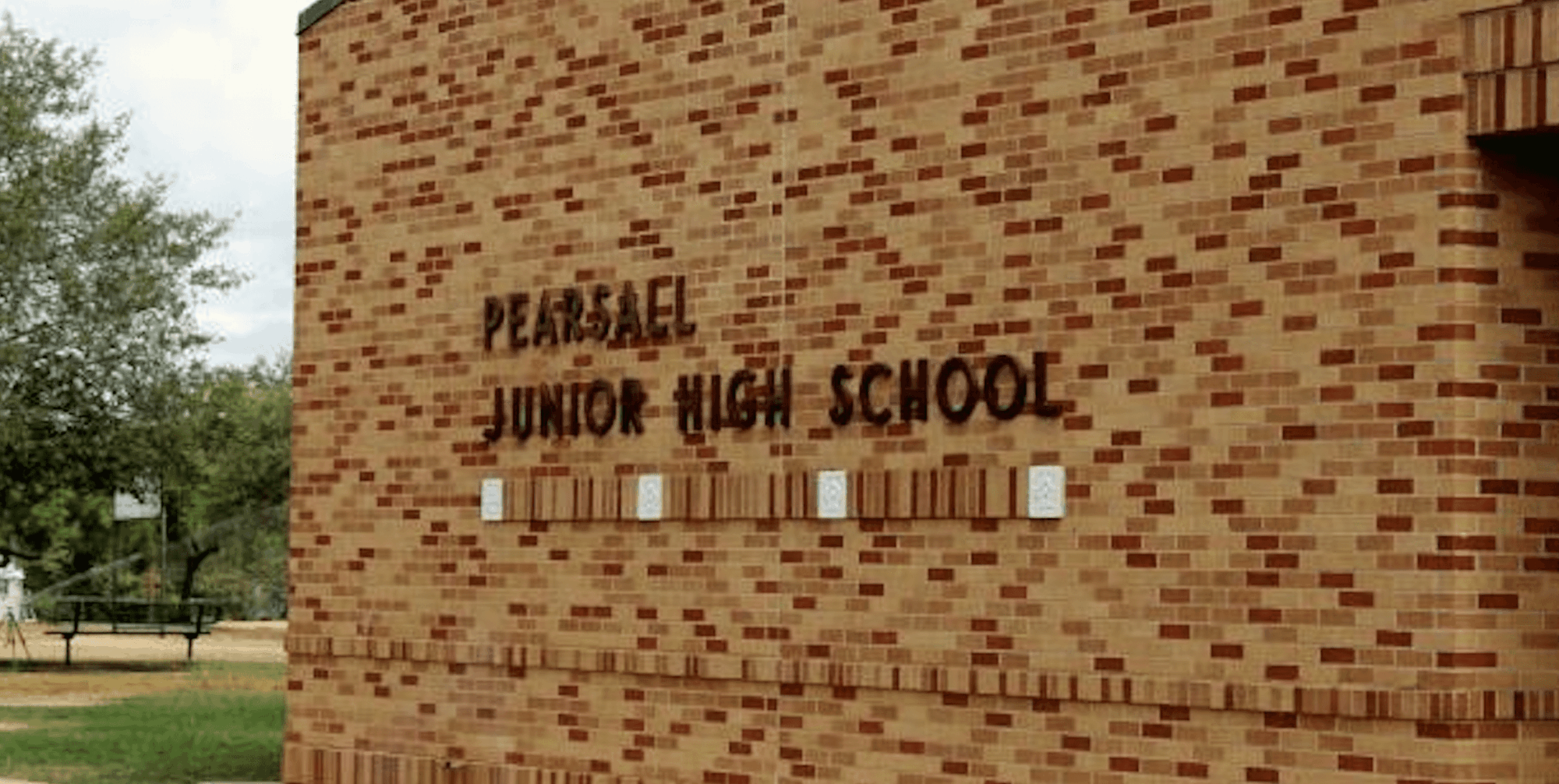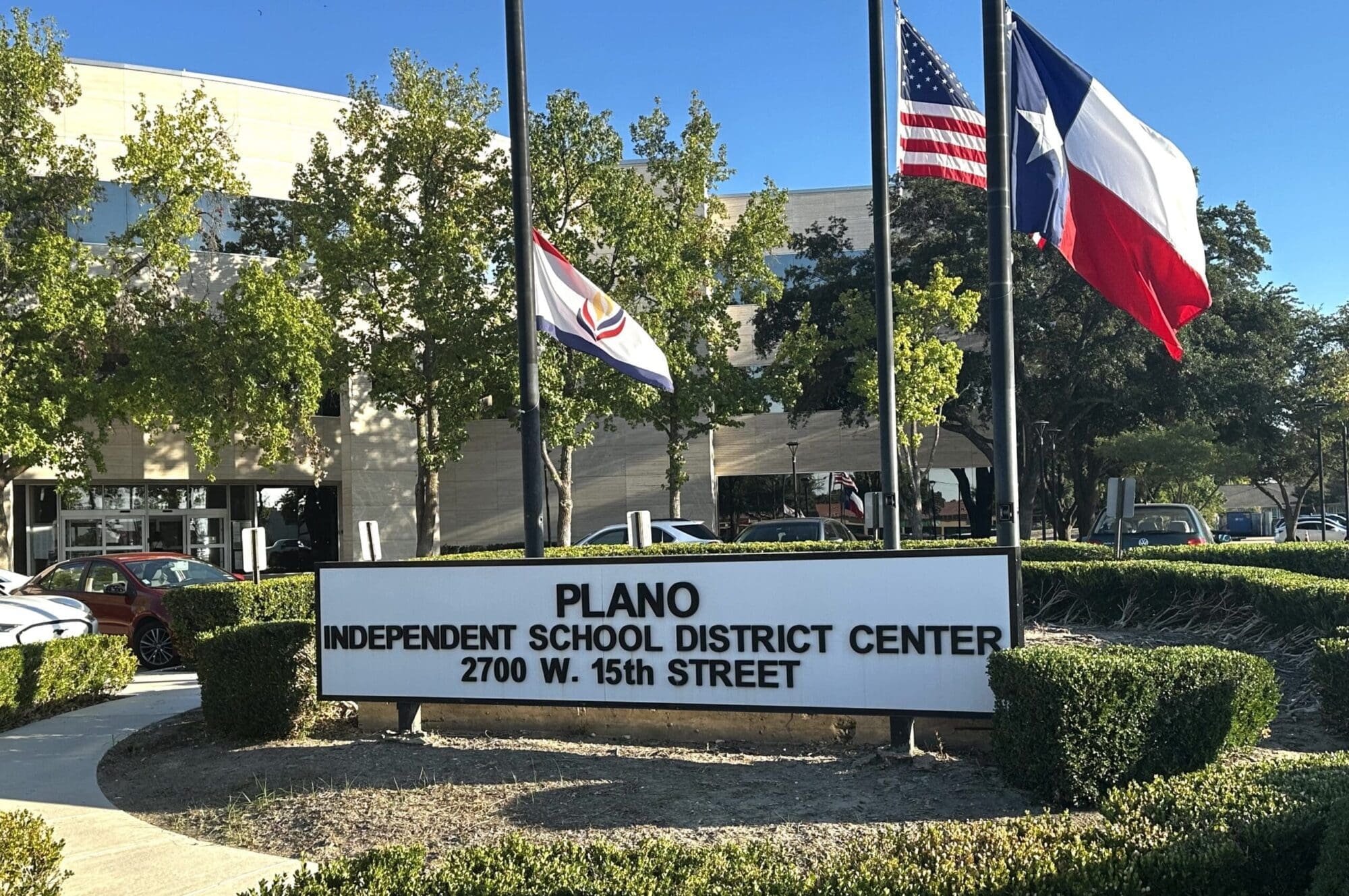A bill aimed at enhancing school safety and promoting mental health in Texas’ public schools has cleared the Texas Senate, despite cautionary opposition from some grassroots conservatives.
Earlier this week, Lt. Gov. Dan Patrick’s Texas Senate overwhelmingly approved Senate Bill 11 by a vote of 29-2. The bill is an attempt at increasing school security measures that are aimed at preventing deadly shootings like the one that took place at Santa Fe High School in southeast Texas nearly one year ago.
The shooting took the lives of eight students and two teachers in May of 2018 and led state leaders, like Gov. Greg Abbott, to spend the duration of last summer scrambling to release a list of measures the state could take to better secure Texas’ public schools.
The bill that came as a result, SB 11, authored by Friendswood Republican State Sen. Larry Taylor, was mostly passed with little more than lip service by senators sharing their remorse for the victims and their families and the desire to prevent future tragedies like the one in Santa Fe from happening in the state. Very little detail of what the bill would do to make incremental advances in achieving that goal were discussed throughout the process. But the fiscal note associated with the bill suggests there are substantive changes involved, brandishing a price tag of more than $14 million.
Despite the impact of the bill on the state’s wallet, most of the details about plans for the money were glossed over in public testimony, with elected leaders refraining from specifying on any of the contents of the bill.
Nevertheless, Patrick, who made the legislation a priority for the upper chamber back in March, celebrated the bill’s passage, calling it a “comprehensive package of strategies to better protect our children.”
One of the most vocal opponents of the bill was grassroots champion JoAnn Fleming, who serves as executive director of the largest conservative citizen organization in East Texas, Grassroots America We the People. Fleming sent out an email, headlined “Kill this Bill Now!” on Thursday, April 25, outlining reasons for not advancing the legislation. Included in the email were calls to action and justification from other conservatives who had been vocal about the bill, including Trayce Bradford of Texas Eagle Forum.
“Senate Bill 11, which mixes needed school safety provisions with non-physician mental health professionals and intrusive Threat Assessment Teams that ask highly personal and incriminating questions,” the email reads. “SB 11, as you remember, came out of the blue, was filed one day, and then the very next day it was heard in committee … this meant that hardly anybody had time to study the bill.”
The email goes on to list elements of the bill they find worth opposing; some of those are as follows:
- Puts new mandates on local school districts.
- Puts non-physician mental health professionals in our schools to create “awareness” of mental illness and push agendas. Allows Texas Education Agency to name its own initiatives.
- Mandates school Threat Assessment Teams. Threat Assessment Teams are charged with identifying children at risk, asking touchy-feely questions.
Ultimately, the bill only found two senators willing to vote in opposition to the bill: Republican State Sens. Bob Hall (Edgewood) and Bryan Hughes (Mineola). Hughes is notably Fleming’s own state senator.
“While I share a deep and sincere concern for solving the problem of school safety, I believe that Senate Bill 11 (SB 11) takes the wrong approach to accomplishing such a critical mission. Not only would Texas’ educational system fail to take a step forward, it could exacerbate the problems,” said Hall after voting against the legislation.
He also cited ambiguity in statutory definitions within the bill, the potential for misdiagnosing and over-prescribing Texas’ young people with stimulants or amphetamines, and—in what he says is the “most problematic” element of the bill—the “Threat Assessment and Safe and Supportive School Team” provisions.
The bill was referred in the Texas House to the Committee on Public Education Wednesday. It is set for a public hearing on Tuesday, May 7.





